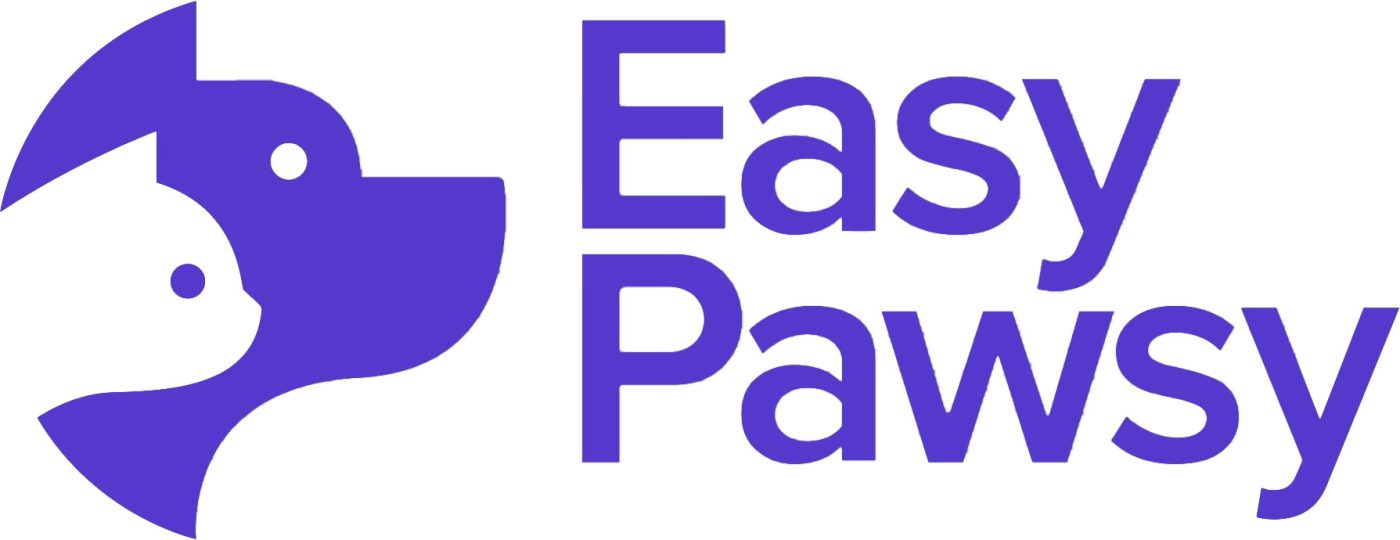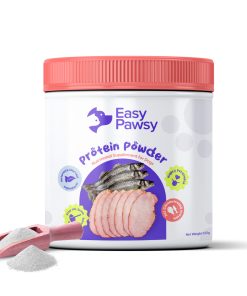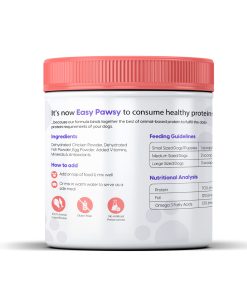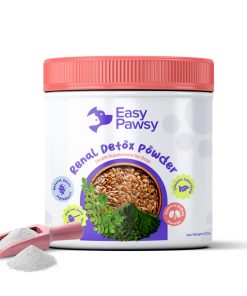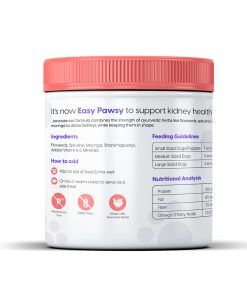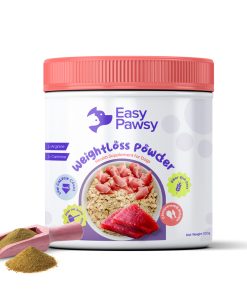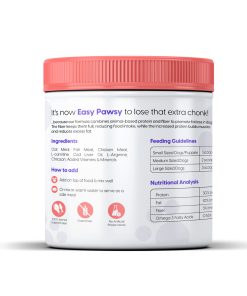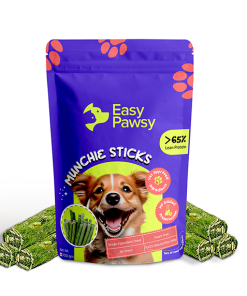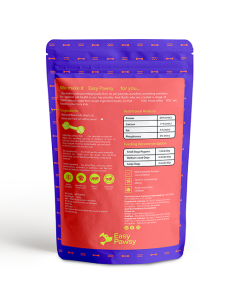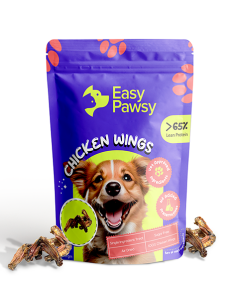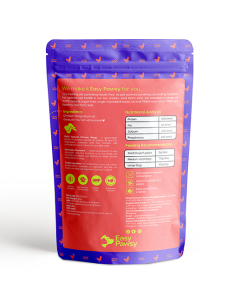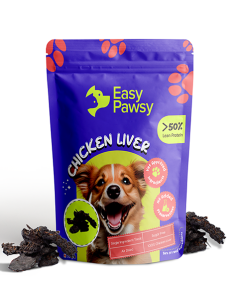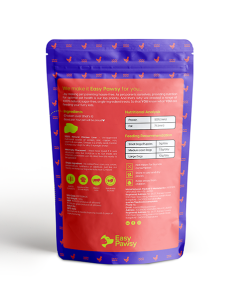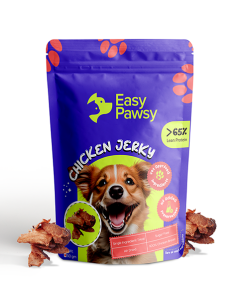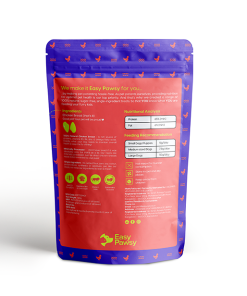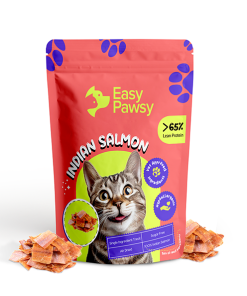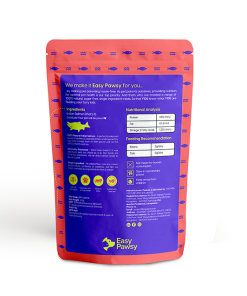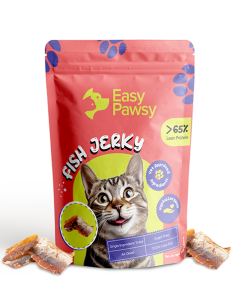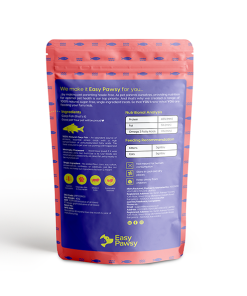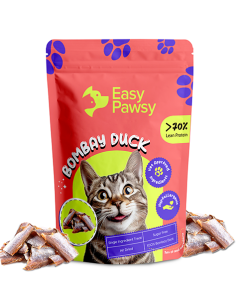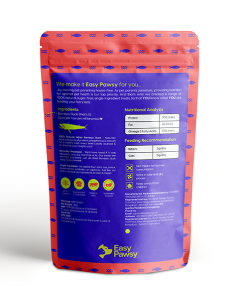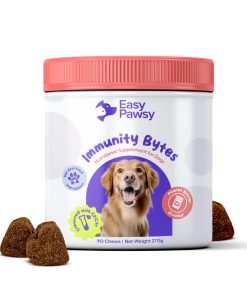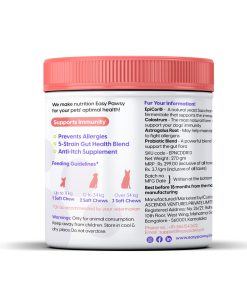All Genders, All Species, Food
What Milk Products Are Safe For Pets?
Yep, even though milk may not be the best food, most of its by-products are safe for our pets.
P.S. – Some pets may prefer one product over the other. That’s totally normal!
Lactose-Free Milk
Lactose-free milk products are easily available in the market. These products can be a suitable alternative for pets that are lactose intolerant, as they reduce the risk of digestive issues.
Hard Cheese
Some hard cheeses, such as cheddar or Swiss cheese, have lower lactose content compared to milk. These cheeses can be given to pets in small amounts as an occasional treat.
However, be cautious of the fat content and potential calorie overload.
Yogurt
Plain, unsweetened yogurt can be beneficial for pets. The live cultures can aid in digestion and promote gut health. Yogurt also contains lower levels of lactose, making it easier for pets to tolerate.
Cottage Cheese
Cottage cheese is another dairy product that contains relatively lower levels of lactose and can be given occasionally. It’s a good source of protein and calcium. Be careful to choose plain, low-fat cottage cheese.
Kefir
Kefir is a fermented dairy product that contains beneficial probiotics and enzymes. It has lower lactose content compared to regular milk. However, it is recommended to introduce kefir slowly to measure your pet’s tolerance.
Goats’ Milk Products
Pets may tolerate goat’s milk products better than cow’s milk.
Goat’s milk has slightly different protein and fat composition and may be easier on your pet’s sensitive stomach.
Remember that even when offering these milk by-products, it’s crucial to monitor your pet for any signs of digestive upset, allergies, or sensitivities. Start with small amounts and observe their response.

Chaas (Buttermilk)
Plain, unsweetened & spice-free chaas (buttermilk) can be safe for dogs.
It’s a good source of hydration, probiotics, and some essential nutrients.
However, not all dogs tolerate it well. Monitor your dog for any signs of upset stomach, such as diarrhea or vomiting, after trying buttermilk. If your dog has no adverse reactions, occasional small amounts can be given as a treat.
Ghee for Dogs
Ghee (clarified butter) can be safe for dogs in small quantities. It’s rich in healthy fats and can add flavour to their food. However, ghee is calorie-dense, so be mindful of the portion size to prevent excessive calorie intake and potential weight gain.
If your dog has a history of pancreatitis or dietary sensitivities, consult your veterinarian before introducing ghee. Always use plain, unsalted, and additive-free ghee.
